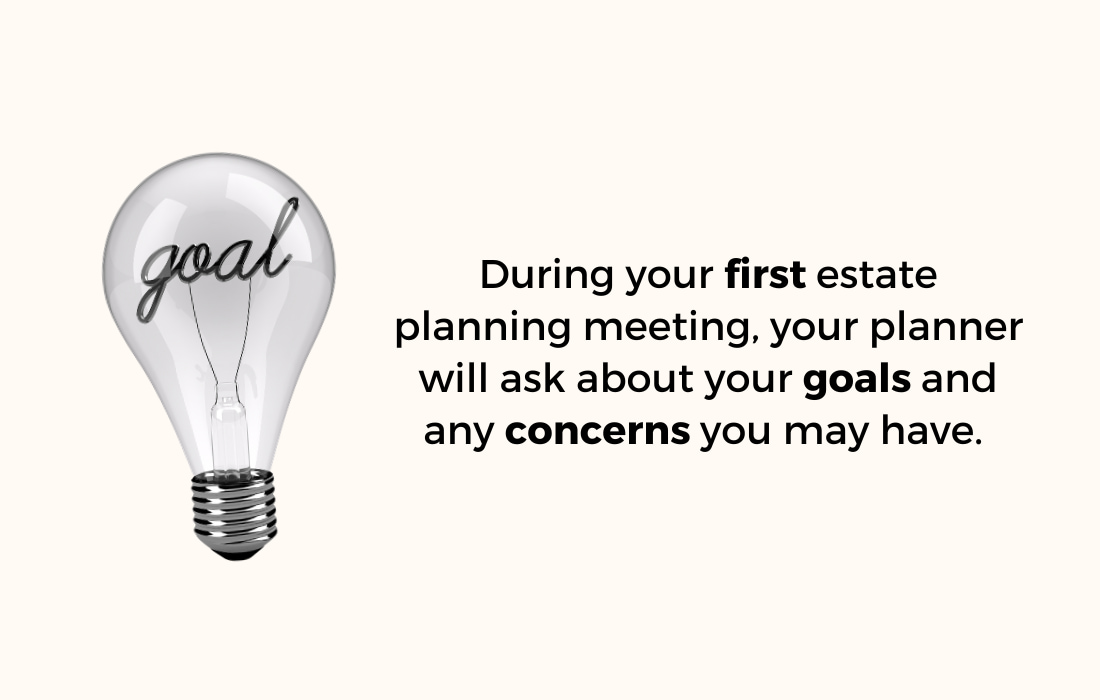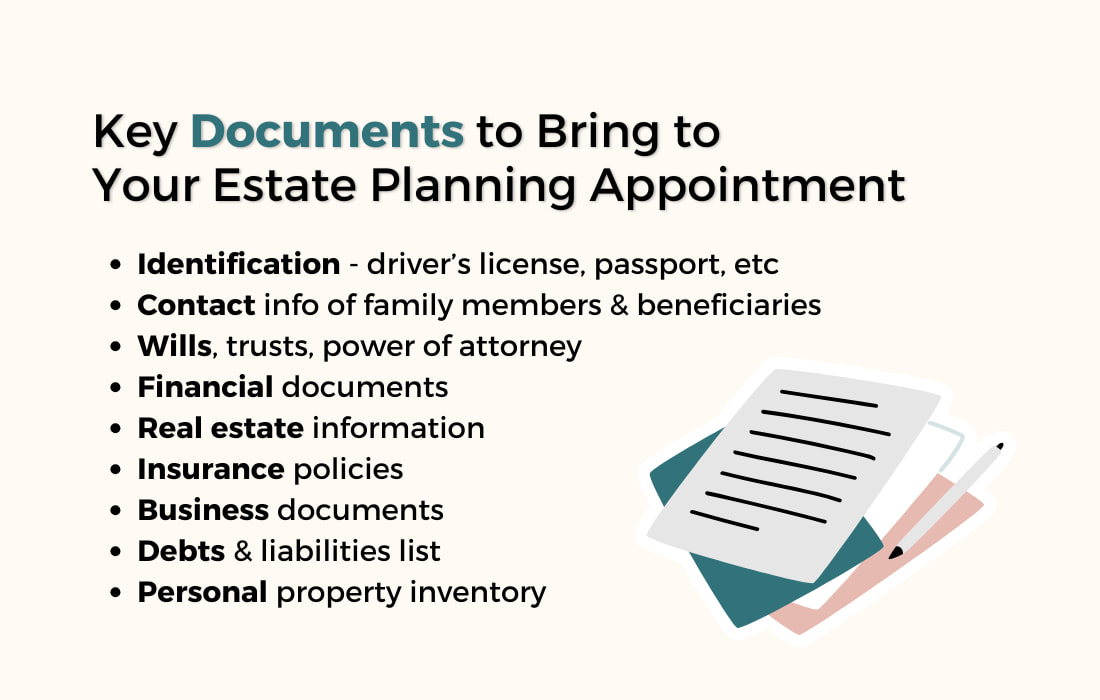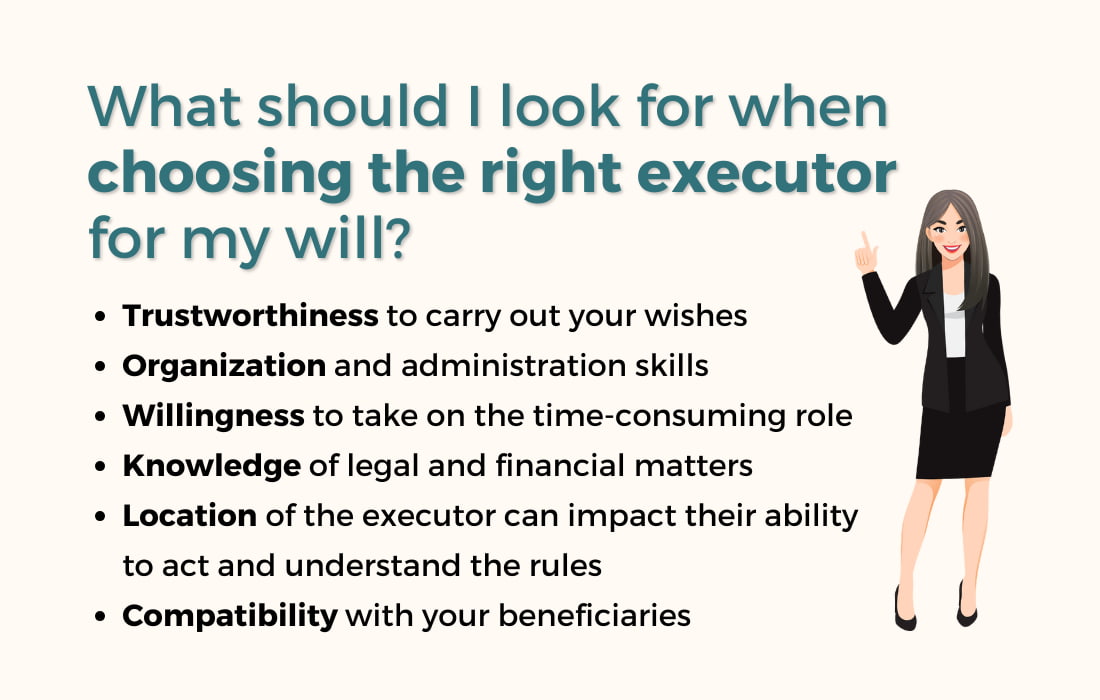
Organize your estate planning
Written by Tiffany Woodfield, Financial Coach, TEP®, CRPC®, CIM®
Organizing your belongings can seem overwhelming, and many people want to put it off indefinitely.
However, being proactive means you can relax knowing that everything has been taken care of. When you take the appropriate steps to ensure your legacy is protected and your loved ones are taken care of, you don’t have to worry about the future anymore. In this post, I’ll cover what to bring Estate planning Appointment so you have everything you need.
I hope to instill confidence in you as you prepare for your estate planning session! And don’t worry; It’s normal to feel a little overwhelmed or unsure about the next steps.

Bring these essential documents to your estate planning appointment:
- identification Such as driver’s license, passport
- Contact information Family members, beneficiaries and guardians
- Existing real estate documents Such as wills, trusts, powers of attorney and health directives
- Financial documents Such as investment accounts, bank statements, and information related to other financial assets
- Real estate information For any real estate you own
- Insurance policies
- Business documents Such as partnership agreements, registration and financial statements
- debts and obligations, For example, current debts such as mortgages and loans
- personal property inventory, Any list of valuable personal possessions such as jewelry, art, and collectibles
What should I expect during my first estate planning meeting?
During your first estate planning meeting, your planner will ask you about your goals and any concerns you have.
You will provide information about your family and any important individuals. It will also provide an overview of your assets and liabilities.
The estate planner will want to review any existing estate planning documents to evaluate whether they are still adequate. Once your estate planner understands your wishes, he or she will explain different estate planning strategies to you.
You will also discuss the fees associated with creating your estate plan. At the end of the meeting, you will have an outline of next steps, including any additional documents you need and when the follow-up meeting will take place.

How often should I update my estate plan?
It is important to update your estate plan when you have any major life events, such as marriage, divorce, the birth of a child, or any major financial changes. Otherwise, most financial professionals recommend updating your estate plan every 3-5 years.
Can I make changes to my estate plan later?
Yes, you can make changes to your estate plan at a later date.
Estate planning is not a one-time event. It should be reviewed and updated regularly to reflect changes in your life circumstances.
Depending on the type of estate planning documents you have, you may need to create new documents, modify existing documents, or cancel previous documents entirely. It is wise to review your plan periodically and consult an estate planning professional.
Doing so will ensure that your estate plan remains effective and consistent with your current wishes.
What is the difference between a will and a trust?
A will is a legal document that sets out how your assets will be distributed after your death and is subject to probate, which can take a long time and be public.
in contrast, trust A trust arrangement that allows you to manage assets during your lifetime and can provide for beneficiaries during and after your life while typically avoiding probate for quick and private distribution.
Wills are typically simpler and less expensive to create, and trusts can be more complex and expensive but provide enhanced control and flexibility.

How much does it cost to create an estate plan?
The cost of creating an estate plan can vary depending on the complexity of your case, the type of estate planning documents you need and the experience of the professional you hire.
On average, simple wills can cost between $300 and $1,000, while more comprehensive estate plans, including trusts, can cost between $1,500 and $5,000. Or more.
Remember to consider these costs as an investment to ensure your loved ones are protected, and your wishes are carried out.
Do I need an attorney to create an estate plan?
Many people think they can simply create an estate plan online.
Unfortunately, they do not understand the risks and complexities they could unwittingly fall into. Consulting a professional means getting personal advice.
You will be able to feel confident that your documents comply with the applicable laws in your jurisdiction. You’ll also have help navigating potential family dynamics and complex issues like taxes, which are an important part of estate planning.
How do I choose the right executor for my will?
Choosing the right executor is essential and can greatly impact how your estate is managed.
Some critical factors to consider in a port are:
- Trustworthiness To carry out your desires
- organized And administrative skills
- Desire To take on a time-consuming role
- knowledge Of legal and financial issues
- location The enforcer can affect their ability to act and understand rules
- Compatibility With your beneficiaries
You will also need to name replacements if the original executor is unwilling or unable to fulfill this role.

Summary of key points
- Bring essential documents: Identity, contact information for beneficiaries, wills, trusts, financial and banking documents, real estate documents, insurance information, business documents, debts, and personal property inventory.
- Expect a detailed review: Discuss goals, family dynamics, and assets, and get an overview of estate planning strategies and next steps.
- Update regularly: Revisit your estate plan every 3-5 years or after major life changes to make sure it aligns with your current desires.
- The difference between wills and trusts: Wills specify the distribution of assets after death; Trusts provide privacy, control and avoidance of probate, benefiting life and post-death needs.
- Estate planning costs vary: Simple wills cost between $300 and $1,000; Comprehensive plans, including trusts, typically range from $1,500 to $5,000.
- Choose the correct port: Look for someone who is trustworthy, organized, willing and has legal knowledge. Also find someone nearby so you can manage your property efficiently.
Final thoughts
Organizing your belongings and preparing for your planning appointment is an important step toward protecting your legacy and your loved ones.
Although it may seem complicated, remember that you are laying a foundation of security for those you care about most. Every decision you make helps ensure your wishes are respected and your family is supported, even in life’s most uncertain moments.
Working with a professional gives you a guiding hand through the process, so you don’t have to navigate it alone. You are making an informed, empowering decision by taking action now – a decision that brings lasting peace of mind to you and your family.
Get the free guide and audio meditation to make your dreams come true
Enter your email address in the form below to receive our easy checklist, manifestation guide, and guided audio meditation to help you get started.
You’ll also receive one or two emails a month with the latest blog posts on abundance, building wealth, manifesting, and creating a fulfilling life.





